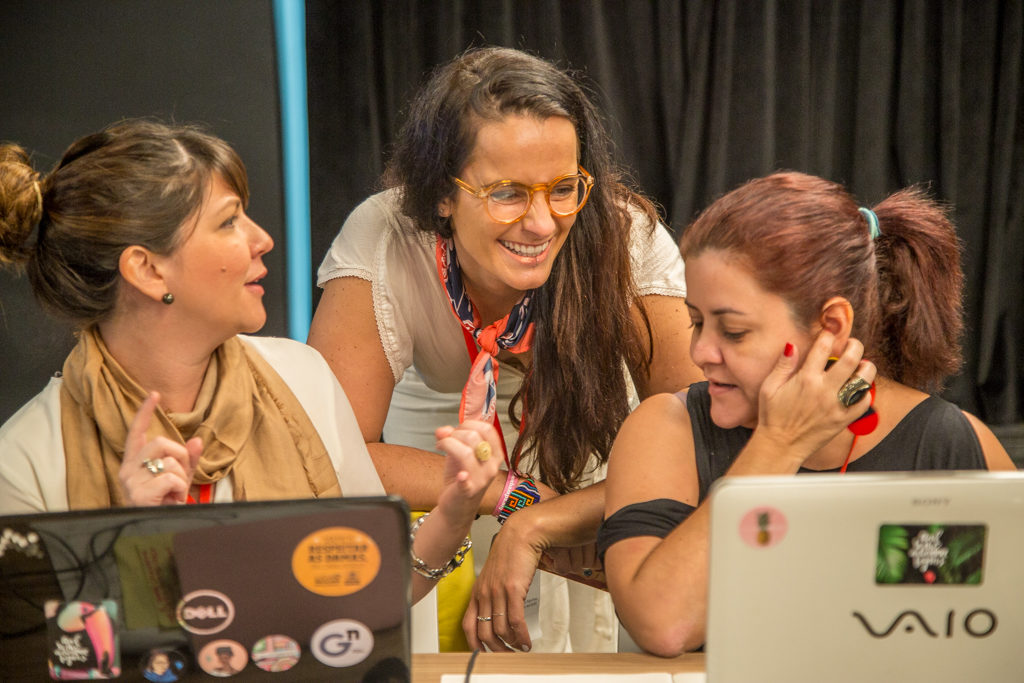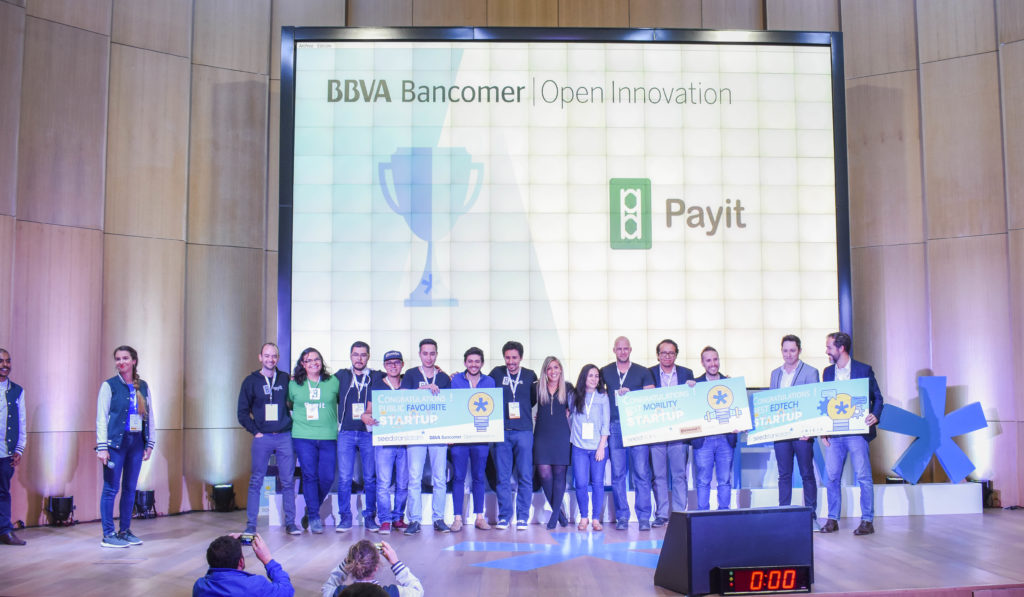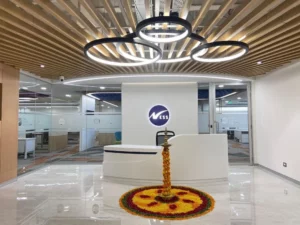In recent years Latin America has experienced a babysitter demand boom, owing to increasing numbers of women entering the workforce. With both parents at work, the task of finding a trustworthy and qualified babysitter can be a long and complicated process, especially when the supply of childminders is limited.
Sensing a gap in the market, a group of Chilean entrepreneurs led by Teresa del Sante and MIT engineer Dan Stern created the app ‘Alba’ in late 2015, specifically to streamline the way modern families locate reliable babysitters.
How Alba works
Alba offers parents instant access to a platform of over 10,000 babysitters, who are subject to stringent background checks, including a psychological test and document verification to validate their studies and qualifications. Parents can either post a vacancy on the app or search Alba’s candidate pool — the app’s matching algorithms typically pairing a family to a sitter within 15 minutes.
Prior to meeting a candidate, parents can view a public profile displaying their picture, introductory video, age, profession or studies, interests, languages, user reviews, pay rates, location and availability. Families can thus bypass the time-consuming process of arranging several meetings to find out about a candidate’s qualifications and work experience. Parents can also search for sitters within their own communities and friendship groups — the app lets users see mutual friends on Facebook — offering parents further reassurance of finding a trustworthy sitter. Typically, babysitters are young women, often nursing and psychology students or teachers seeking to earn some extra money.
Additionally, the app obliges sitters to provide parents with regular updates, assuring them that their child is doing fine whilst at work or enjoying an evening out. Other functions include a hotline available for guiding sitters in case of an emergency and direct payment transfers via the app which ensure babysitters are paid on time.
Women at work
The demand for babysitters in Latin America has steadily increased as more mothers choose to work instead of staying at home with their child. In addition, babysitter supply tends to decrease as sitters transition to middle-class jobs, as Alba co-founder Dan Stern told Forbes. “Most babysitters tend not to stick around in their role after two or three months, as they work to gain an education or start a new position at a higher-paying place of work”. This turnover of babysitters is actually of use to Alba in retaining users, as parents often need to search for a new sitter every few months.
The app’s other co-founder, Teresa del Sante, experienced firsthand the difficulty of finding a childminder upon her return to Chile. “I lived for four years in Holland and I never had a problem”, she told La Hora. “There it was a lot easier to find someone qualified for looking after children. I arrived back in Chile and it was a big problem”. In 2015 she teamed up with engineers Dan Stern, a graduate of MIT, and Juan Fantoni, to create Alba and address the gap in the Chilean childcare market.
The app has gained over 10,000 users in two years, and is available to download for free on iOS and Android (http://www.alba-app.com).







